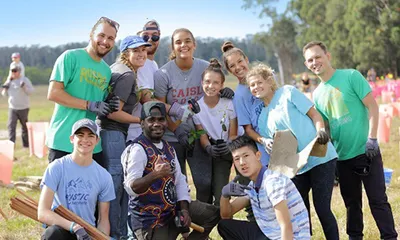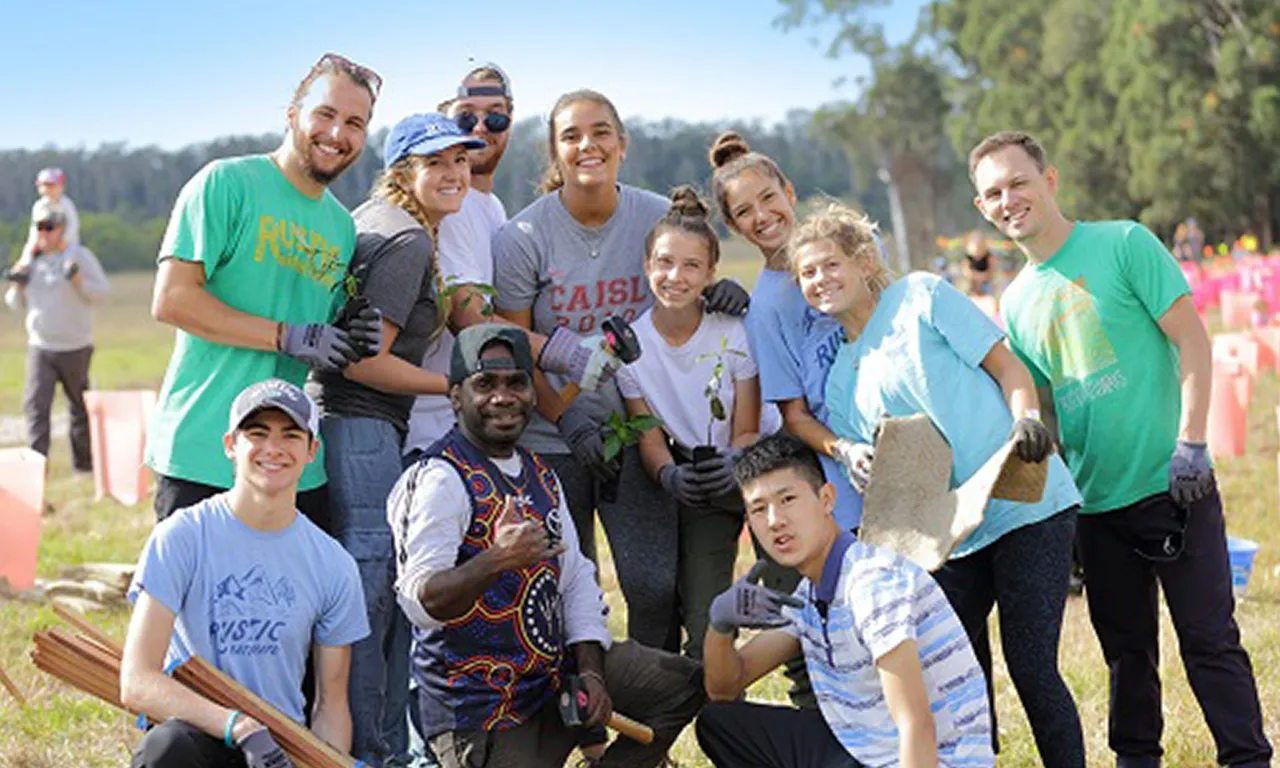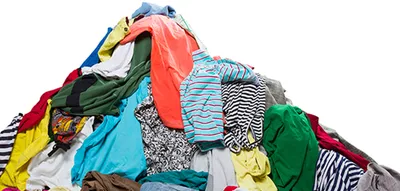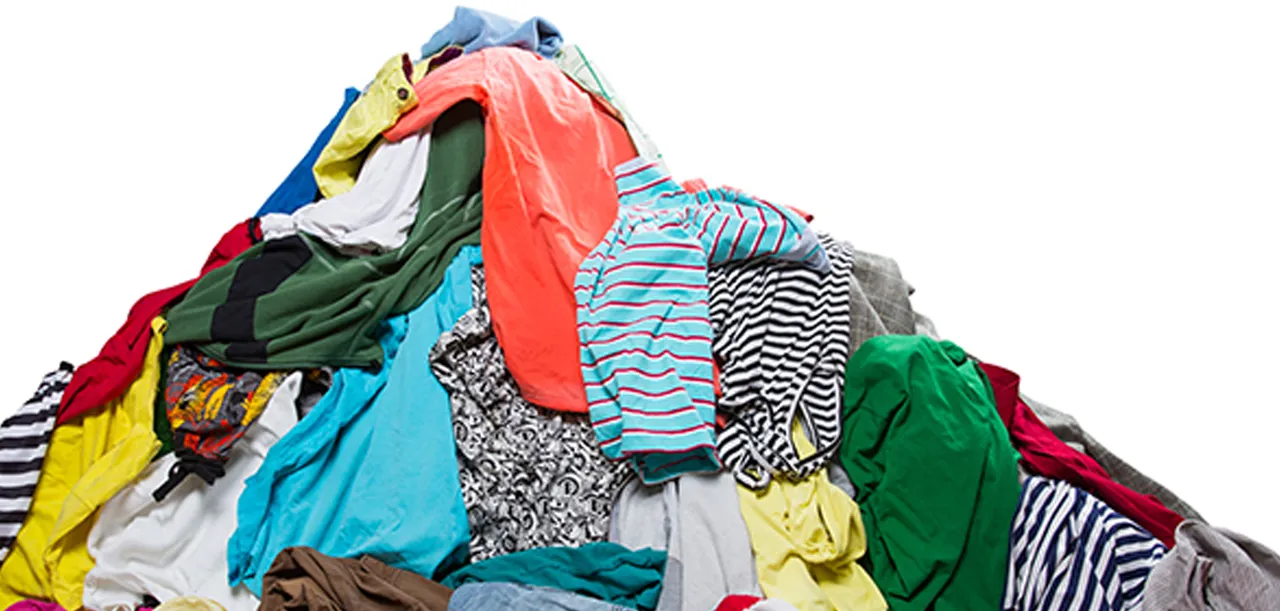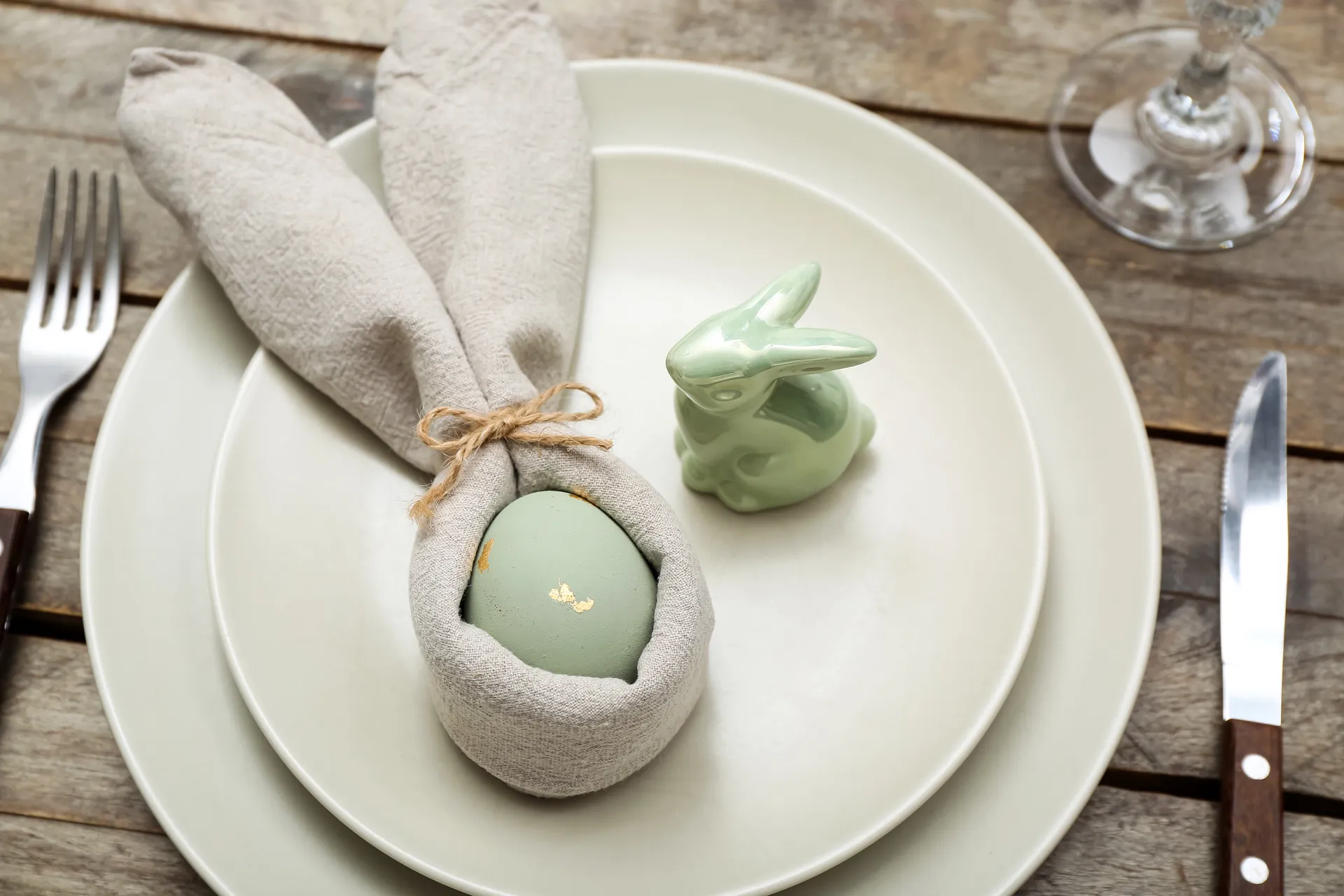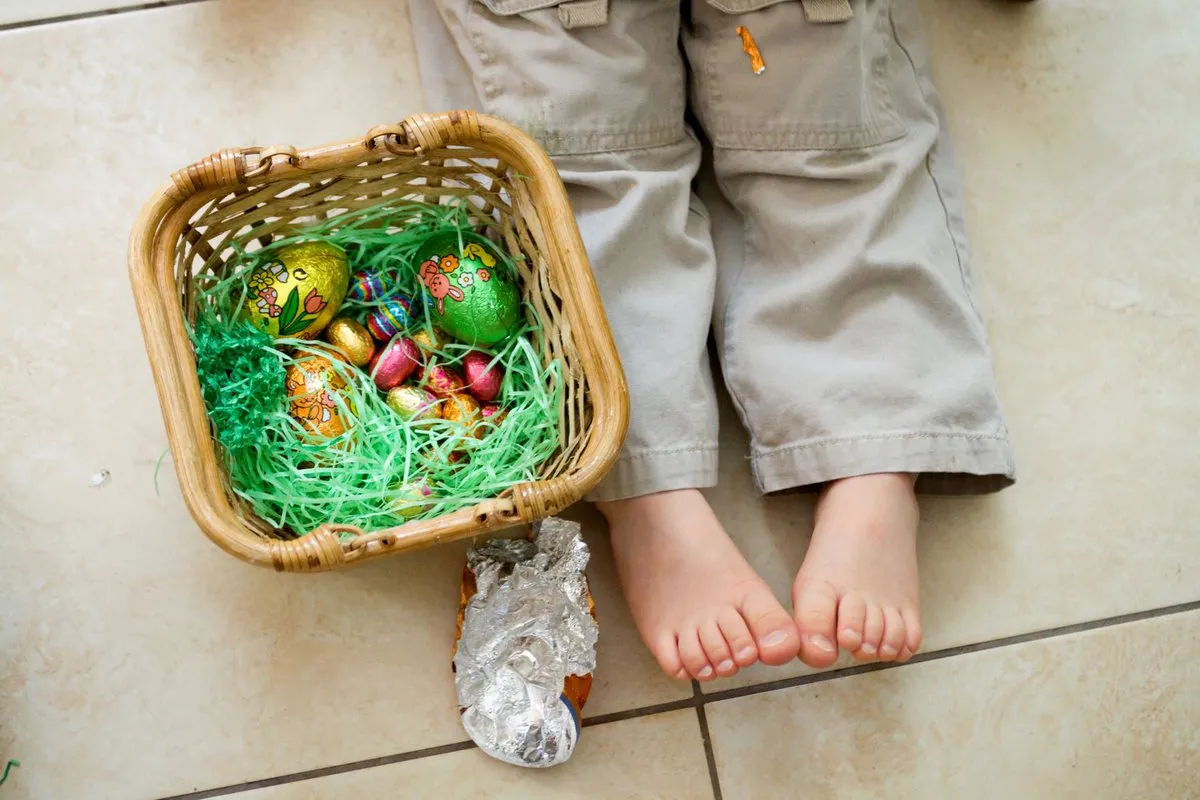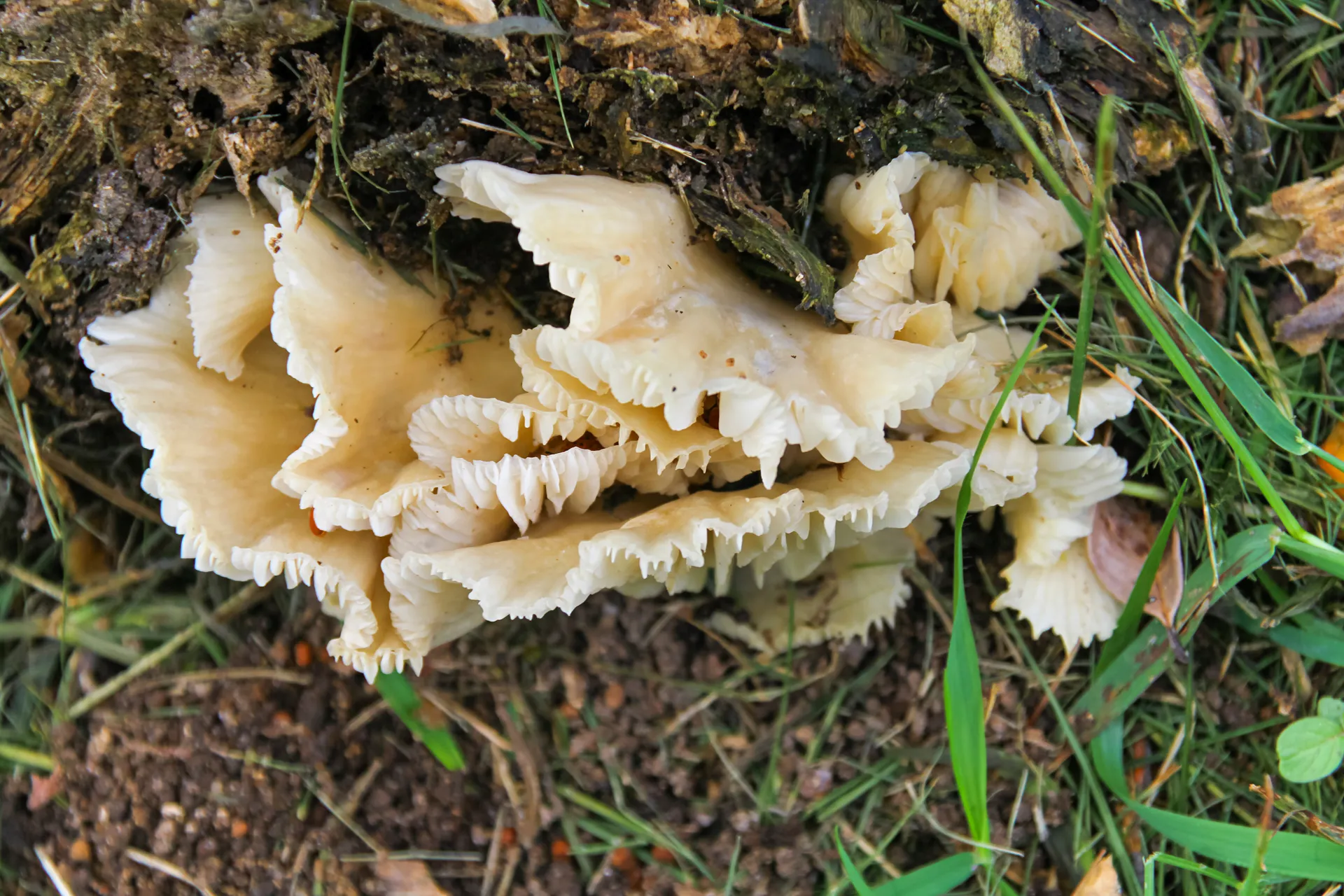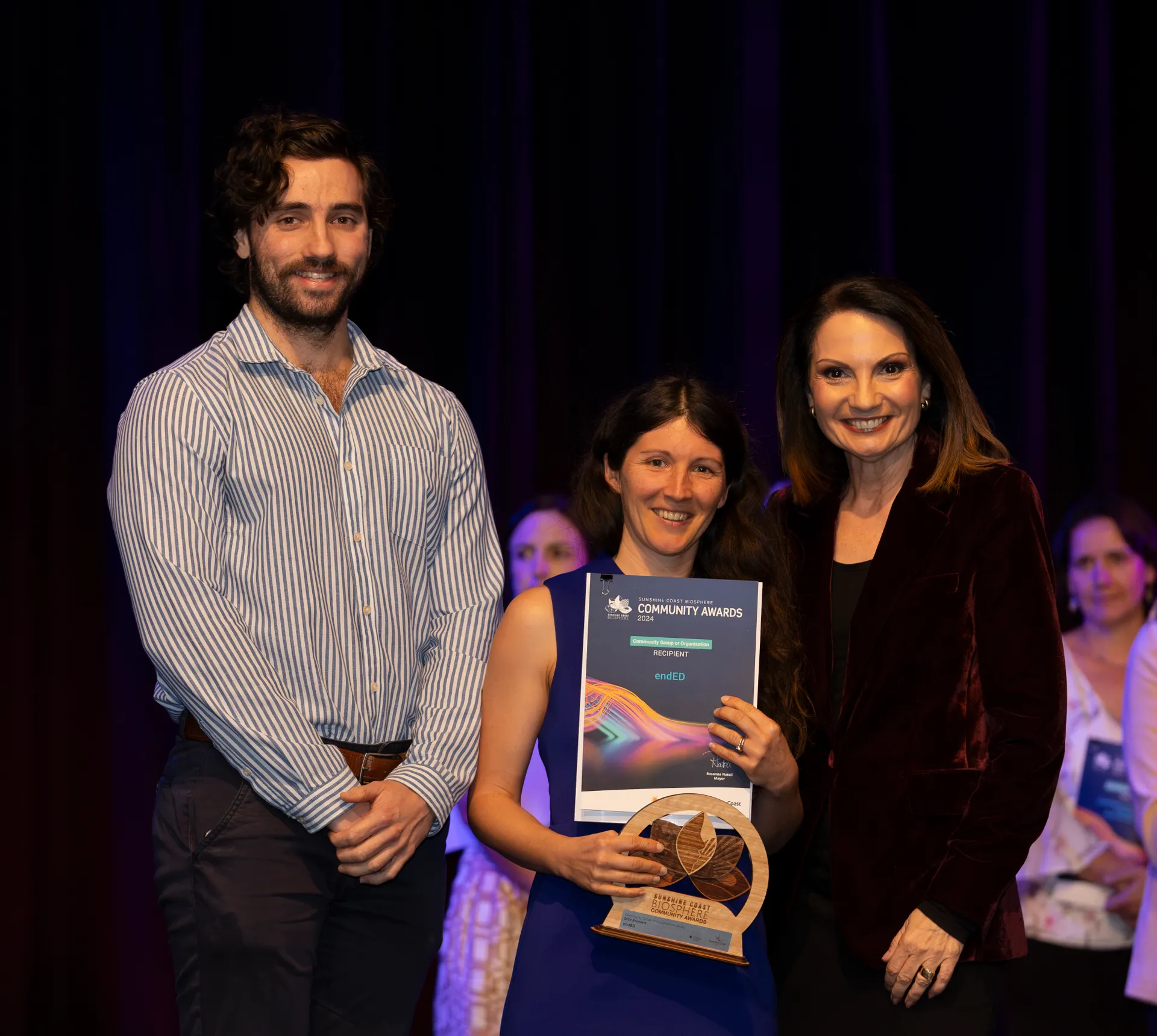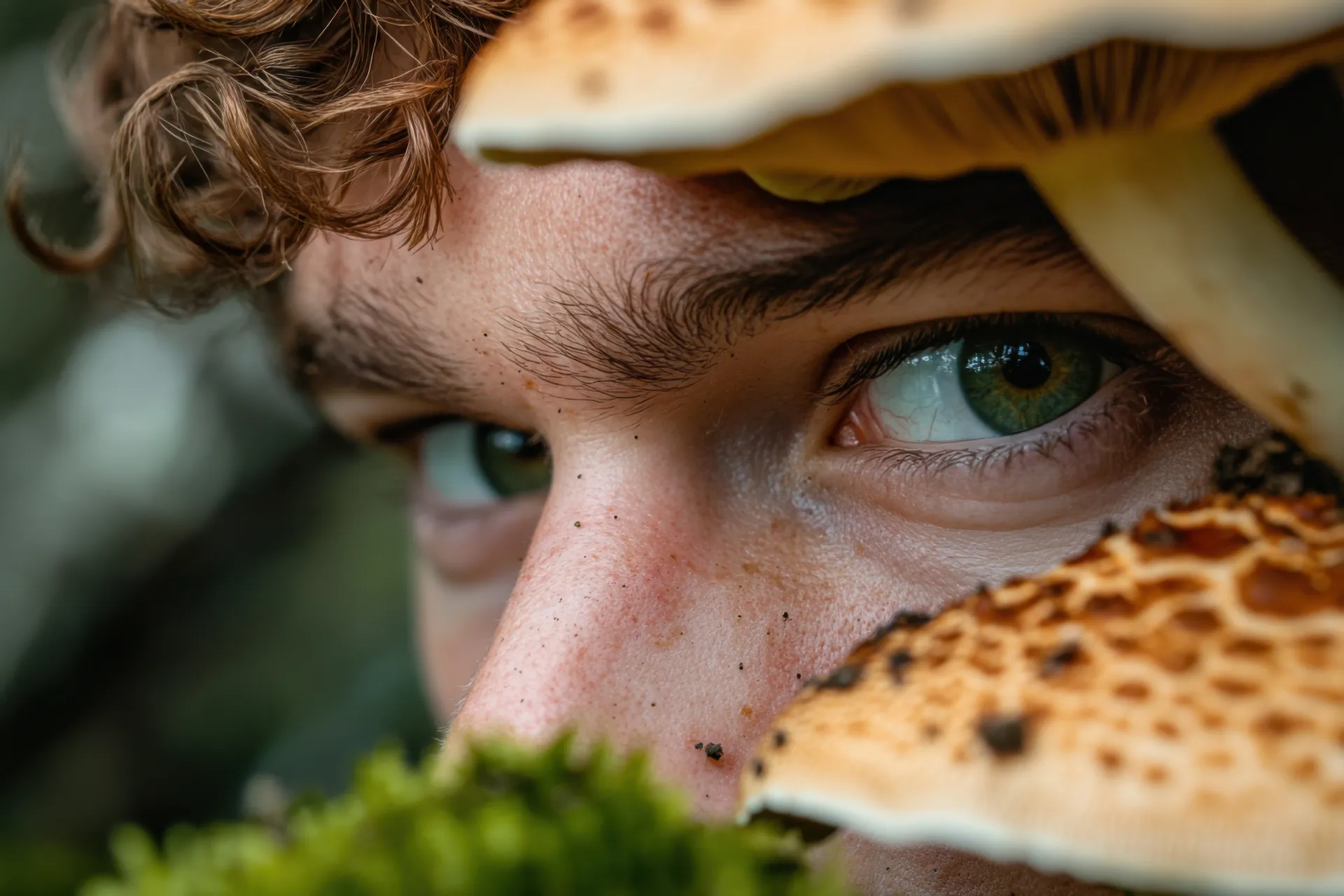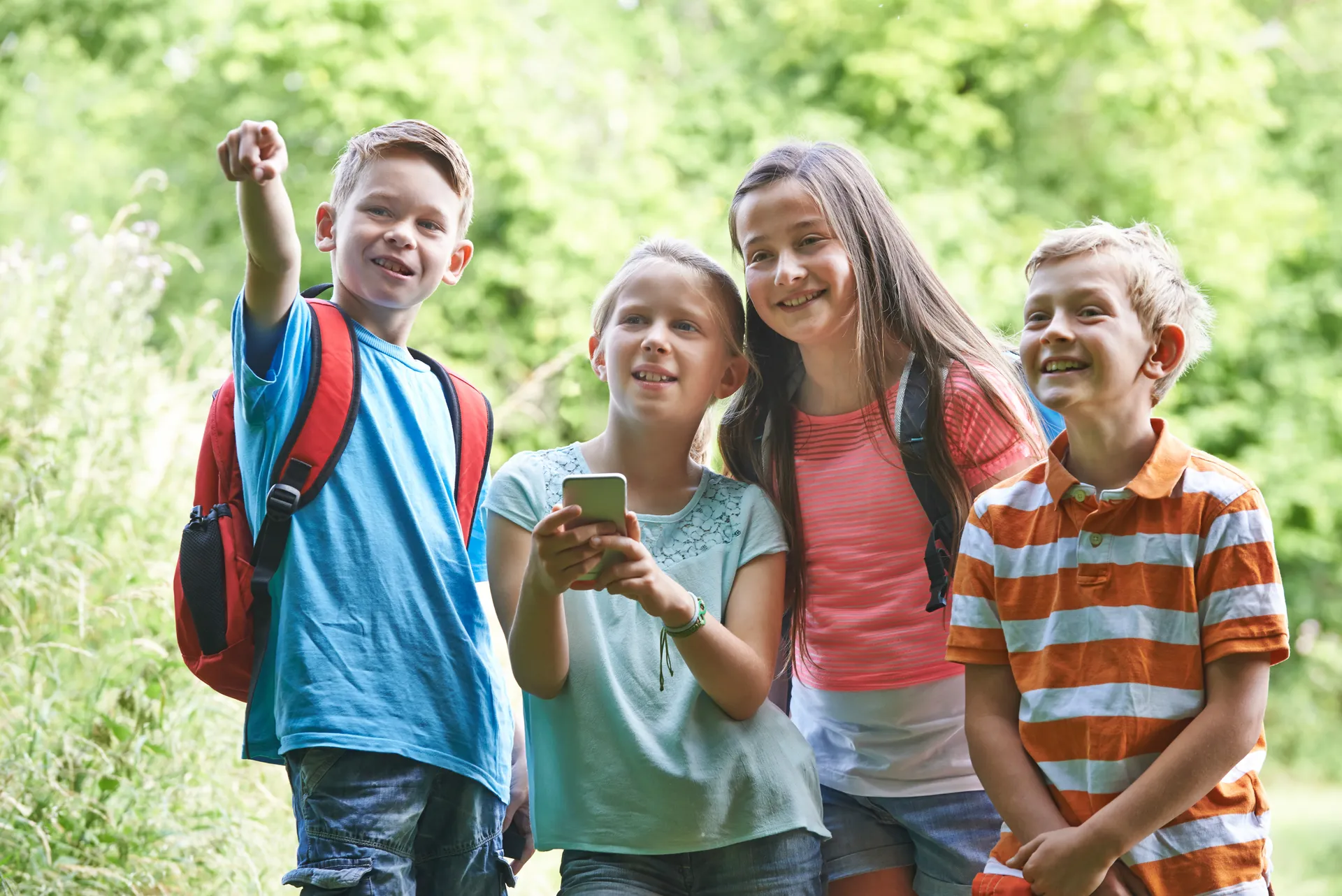From food to farm: a local company’s war on waste
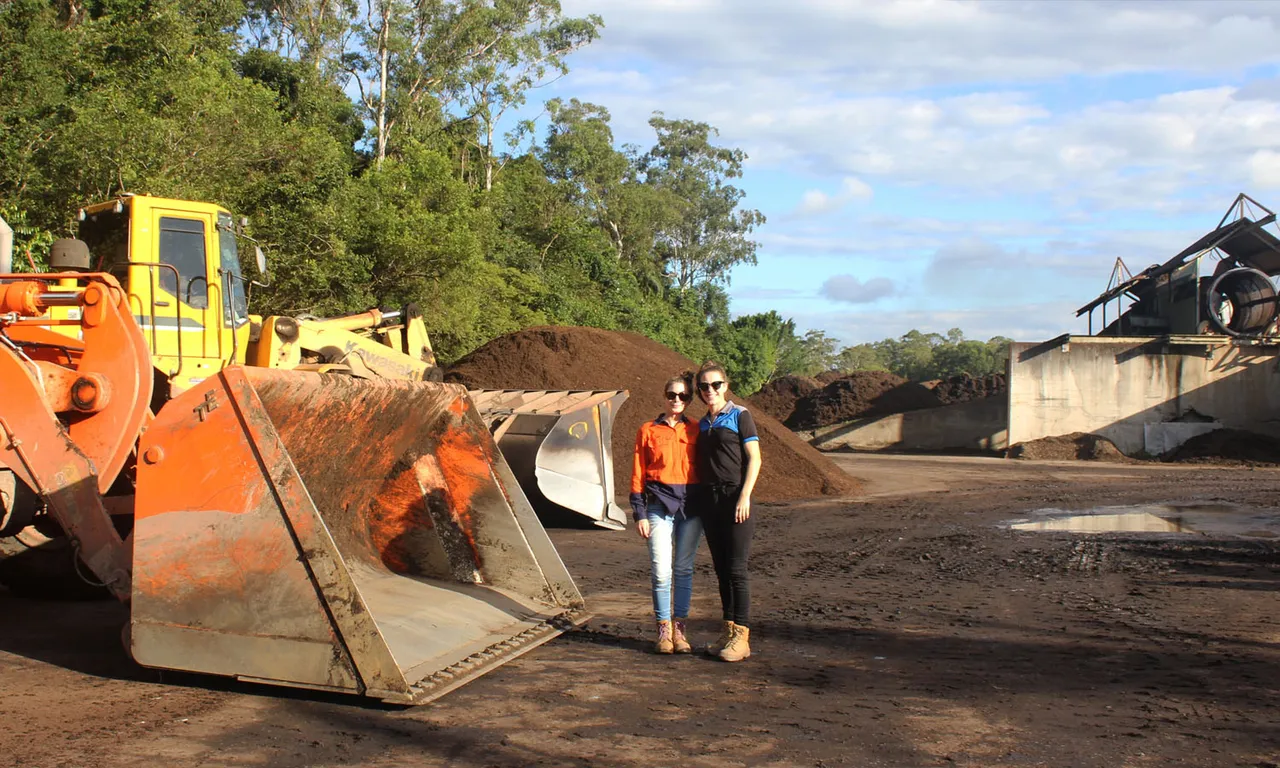
In a world where one person's waste is increasingly seen as another's asset, a Sunshine Coast company is finding new ways to turn commercial food and organic waste into nutrient dense soils and compost.
Earthborn has been turning raw organic materials such as green waste into value add products at their Palmwoods site for almost two decades. The family-owned company has been involved in green waste recycling since its inception in Australia, through its Gold Coast-based sister company, Phoenix.
Earthborn's innovative process converts a variety of raw materials - including green waste collected from councils, sawmills by-products, commercial food waste and farm waste - into customised compost, soil conditioners, potting mixes and mulch. The products are sold wholesale to councils, bagging companies, landscape contractors and nurseries.
Passionate circular economy advocate and Earthborn co-owner, Ash Brownlow says there are many advantages to getting organic waste out of landfill, including a chance to renew our depleted soils and reduced greenhouse gas emissions.
"Studies show that Australian soils are generally poor in nutrient and organic matter levels. We only have around 60-120 crop cycles left before yields have declined so far that may types of farming just won't be viable," Ash said.
"Diverting organic matter from landfill and turning it into a soil conditioner can help us grow food successfully with fewer inputs. As compost-rich soils hold more water, our products save water while also reducing reliance on chemical fertilisers."
Turning local food waste into compost
Look into any residential or retail rubbish bin around Queensland and chances are their contents would be at least 30% food. Earthborn is working with event operators and businesses to change the way we think about and manage food waste.
Mirvac's Kawana Shoppingworld is also on board. The centre has installed an onsite processing system called PulpMaster which converts organic waste collected by vendors into pulp. A sensor detects when the system is full and the waste is delivered by waste contractors to Earthborn for processing. In true circular economy style, that compost can then be purchased at a wholesale rate by the centre and shared with the community.
Avoiding contamination…and the lowdown on compostable plastic bags
One of the major challenges of commercial composting is contamination. Common contaminants include:
- Non-compostable plastic bags
- Plastic straws
- Rubber bands
- Waxed cardboard
- Soft drink boxes (the ink and gloss finish on the cartons contain plastic
Ash says the use of non-compostable plastic bags is the biggest challenge. While there are many bag options available that claim to be 'degradable' or 'compostable', they often contain plastic and therefore do not meet the Australian Standard for compostable inputs.
"Many bags are labelled eco-friendly and make all sorts of claims. 'Degradable' just means the plastic is thinner so the bags will break into smaller pieces but won't break down completely," said Ash.
Ash recommends looking for the Australasian Bioplastics Association Seedling Logo which provides third party certification that the product is biodegradable and compostable.
Selecting the right compostable food and beverage containers is also critical to avoiding contamination.
"Biopak has been a fantastic event partner with us and will often provide sponsorship support so people can see their products in action and wrap their heads around this new organic recycling process," Ash said.
Educating for change
Ash is optimistic that through education and the influence of early adopters like local events and the Kawana Shoppingworld, we will ultimately come around to composting on a mass scale.
"It takes a long time to change habits. But the War on Waste has done a good job in raising awareness and education programs are having an impact. Ultimately, people who make changes in their homes or workplaces will influence others along the way," Ash enthused.
To find out more about Earthborn and learn about how their composting process works, check out their Youtube channel.
Earthborn has recently launched a brand-new product, 'Living Balance' Compost, a premium grade soil conditioner that has been three years in development and is now available for purchase.
If you know a waste warrior who is doing good in your 'hood on the Sunshine Coast, Redland City or Moreton Bay, we want to hear about it! Email ([email protected]) us with their details and we will contact them about sharing their story with the Living Smart community.
